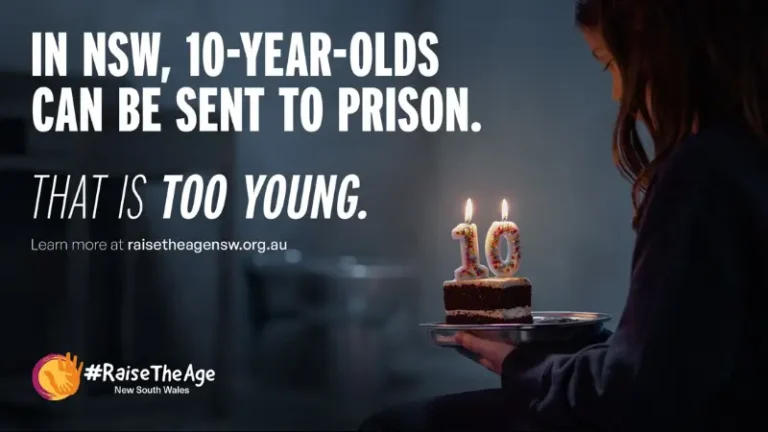PIAC lodged a submission to the AER’s draft Retail Exempt Selling Guideline. PIAC emphasised that all energy consumers should have access to equivalent levels of protection for similar products and services. The arrangements for exempt customers often involve an inherently higher level of risk compared to customers of an authorised retailer, which can be made worse by the absence of equivalent protections. PIAC supports the intent of the AER’s proposed changes to the guideline as a step towards making consumer protections suitable.
PIAC has previously raised concerns about the level of Explicit Informed Consent (EIC) required by exempt sellers of their customers under the current Guideline. PIAC supports the AER’s decision to more clearly define the EIC requirements for exemption applicants wanting to retrofit an existing site’s electrical wiring into an embedded network, but remains concerned about consumers joining an existing embedded network, and is of the view that EIC should also be required in this situation.
PIAC strongly supports requiring exempt sellers that sell energy to residential customers to be covered by the relevant energy ombudsman scheme. This will ensure that these consumers have access to fair, independent dispute resolution. PIAC contends that the external dispute resolution reforms should be extended to exempt sellers that sell energy to small business customers. Like residential consumers, many small businesses are unlikely to be able to negotiate on an equal footing with their exempt seller.

Watch: Challenging Injustice in Community Housing